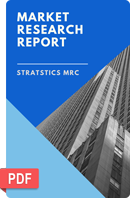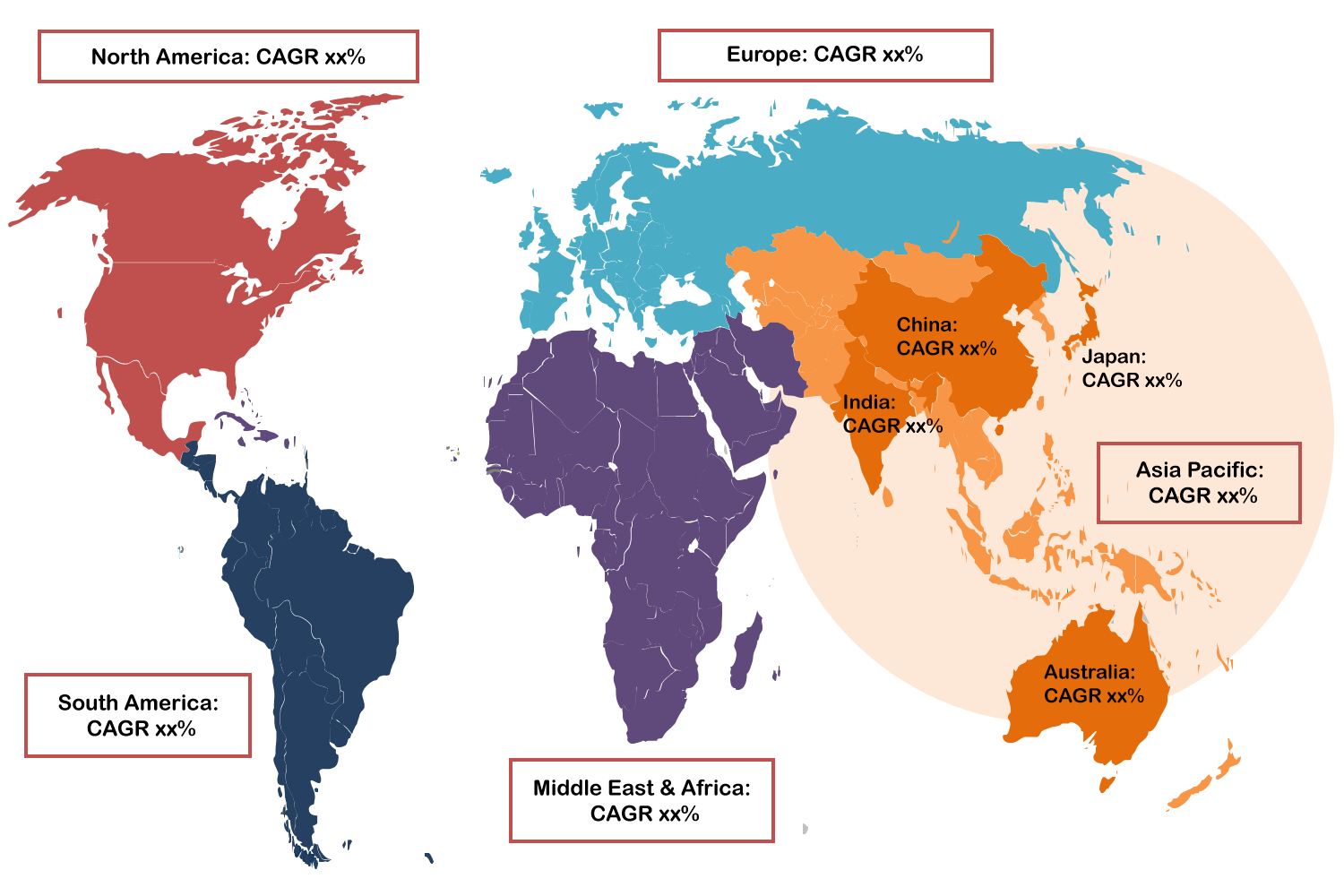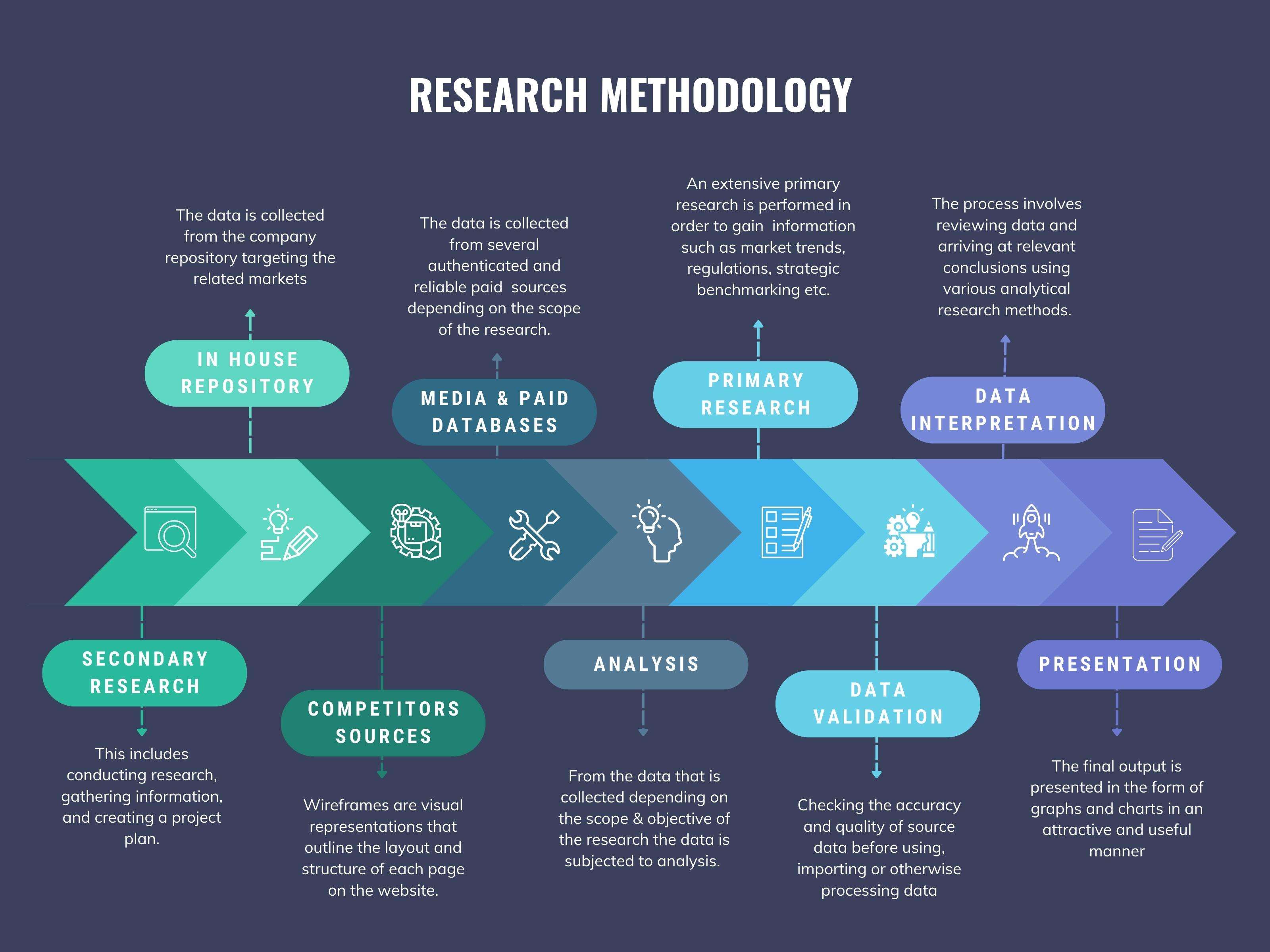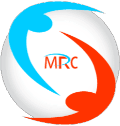
Self Consolidating Concrete Scc Market
Self-Consolidating Concrete (SCC) Market Forecasts to 2028 – Global Analysis By Type (Viscosity, Powder), Constituent (Admixtures, Cement, Aggregates), End User, and By Geography

|
Years Covered |
2020-2028 |
|
Estimated Year Value (2021) |
US $10.51 BN |
|
Projected Year Value (2028) |
US $18.96 BN |
|
CAGR (2021 - 2028) |
8.8% |
|
Regions Covered |
North America, Europe, Asia Pacific, South America, and Middle East & Africa |
|
Countries Covered |
US, Canada, Mexico, Germany, UK, Italy, France, Spain, Japan, China, India, Australia, New Zealand, South Korea, Rest of Asia Pacific, South America, Argentina, Brazil, Chile, Middle East & Africa, Saudi Arabia, UAE, Qatar, and South Africa |
|
Largest Market |
Europe |
|
Fastest Growing Market |
Asia Pacific |
According to Stratistics MRC, the Global Self-Consolidating Concrete (SCC) Market is accounted for $10.51 billion in 2021 and is expected to reach $18.96 billion by 2028 growing at a CAGR of 8.8% during the forecast period. Self-consolidating is a mix of concrete that has a moderate viscosity, high segregation resistance, high deformability, and low yield stress. Self-consolidating concretes are used in the construction sector to provide long-lasting concrete buildings without the requirement for professional labor.
-Market-fig2.png)
Market Dynamics:
Driver:
Reduction in the overall cost of the constructed site
Self-consolidating concrete is less expensive to make than traditional concrete. The labor required to place and finish self-leveling, and self-consolidating concrete is reduced. It reduces screeding and eliminates mechanical vibration. Noise is reduced in precast production settings when vibration is eliminated. Also, by reducing the overall need for vibration equipment and formwork, self-consolidating concrete lowers capital and maintenance costs. As a result, the self-consolidating property of self-compacting concrete eliminates the need for vibrations, resulting in a lower manpower requirement for placement. Furthermore, because it saves labor, accelerates project schedules, reduces noise, addresses environmental concerns, and ensures reduced equipment wear and tear, the use of self-compacting concrete results in lower maintenance, repair, and overhauling costs. As a result, the cost-saving benefits of self-compacting concrete are propelling the self-consolidating concrete market.
Restraint:
High cost associated with raw materials
The high cost of self-consolidating concrete is a significant impediment to business growth. The high costs of raw materials utilized in the production of self-consolidating concrete continue to restrict their utilization in a variety of industries. For instance, admixtures are regularly costly and may carry relevant ecological footprints, the reason why there are a growing necessity and interest in finding cheaper and more sustainable alternatives. The price increase is being motivated by escalating raw material costs. With an increase in the raw material prices, an immediate impact is seen on the prices of admixtures. Thus, the high cost of self-consolidating concrete raw materials such as admixture is restraining the self-consolidating concrete market.
Opportunity:
Increasing infrastructural projects
Self-consolidating concretes can compact into every corner of formwork utilizing only their weight, eliminating the requirement for vibrating compaction. Thus, they are extensively utilized in the infrastructure construction industry to ensure durable concrete structures, independent of the requirement of skilled workers. Many governments are unveiling initiatives to develop the infrastructure in their countries. Thus, all such infrastructure projects and investments are likely to drive the demand for self-consolidating concretes from the infrastructural sector during the forecast period.
The precast concrete segment is expected to be the largest during the forecast period
The precast concrete segment is estimated to have a lucrative growth as precast products share the service life of the structure on which they are utilized. They will become usable until the structure is demolished or has its layout changed. Moreover, precast concrete products can be crushed to form recycled aggregate and can be reused in a number of applications.
The drilled shafts segment is expected to have the highest CAGR during the forecast period
The drilled shafts segment is anticipated to witness the fastest CAGR growth during the forecast period owing to the increasing design requirements and technological advancements. Self-consolidating concrete is a highly flowable concrete, and thus a viable alternative for conventional concretes, owing to which it is extensively used in drilled shafts. Furthermore, SCC is also used in drilled shafts as experimental castings and as load test shafts as it offers very high workability.
Region with highest share:
Europe is projected to hold the largest market share during the forecast period due to increased consumer emphasis on low-noise construction activities, and the gradually recovering construction and housing sector in the region. Additionally, the growing popularity of low-fines smart dynamic concrete is also a major driving factor for the market in the region.
Region with highest CAGR:
Asia Pacific is projected to have the highest CAGR over the forecast period owing to the flourishing building and construction industry in the region, rapid growth in per capita incomes, along with increasing urbanization in the region. The Asia-Pacific region is one of the fastest-developing markets mainly due to the population growth and gradual rise in construction activities.

Key players in the market
Some of the key players profiled in the Self-Consolidating Concrete (SCC) Market include Unibeton Ready Mix, Breedon Group plc, Tarmac, Sika AG, LafargeHolcim, Hope Cement Limited, CEMEX S.A.B. DE C.V., BASF SE, ACC Concrete Limited and UltraTech Cement Ltd.
Key Developments:
In March 2019, BASF launched an innovative strength-enhancing admixture solution for the construction industry. The new solution, Master X-Seed STE, also helps make the production of concrete more efficient. It is recommended for use in ready-mixed and precast concrete and Self-Consolidating Concrete (SCC).
Types Covered:
• Viscosity
• Powder
• Modifying Agent and Combination
Constituents Covered:
• Admixtures
• Cement
• Aggregates
Applications Covered:
• Retaining Walls
• Complicated Reinforcements
• Pile Foundations
• Drilled Shafts
• Columns
• Repairs, Restorations, and Renewals
• Raft Foundations
End Users Covered:
• Commercial
• Residential
• Industrial
• Precast Concrete
• Infrastructure
• Architectural
Regions Covered:
• North America
o US
o Canada
o Mexico
• Europe
o Germany
o UK
o Italy
o France
o Spain
o Rest of Europe
• Asia Pacific
o Japan
o China
o India
o Australia
o New Zealand
o South Korea
o Rest of Asia Pacific
• South America
o Argentina
o Brazil
o Chile
o Rest of South America
• Middle East & Africa
o Saudi Arabia
o UAE
o Qatar
o South Africa
o Rest of Middle East & Africa
What our report offers:
- Market share assessments for the regional and country-level segments
- Strategic recommendations for the new entrants
- Covers Market data for the years 2020, 2021, 2022, 2025, and 2028
- Market Trends (Drivers, Constraints, Opportunities, Threats, Challenges, Investment Opportunities, and recommendations)
- Strategic recommendations in key business segments based on the market estimations
- Competitive landscaping mapping the key common trends
- Company profiling with detailed strategies, financials, and recent developments
- Supply chain trends mapping the latest technological advancements
Free Customization Offerings:
All the customers of this report will be entitled to receive one of the following free customization options:
• Company Profiling
o Comprehensive profiling of additional market players (up to 3)
o SWOT Analysis of key players (up to 3)
• Regional Segmentation
o Market estimations, Forecasts and CAGR of any prominent country as per the client's interest (Note: Depends on feasibility check)
• Competitive Benchmarking
o Benchmarking of key players based on product portfolio, geographical presence, and strategic alliances
Table of Contents
1 Executive Summary
2 Preface
2.1 Abstract
2.2 Stake Holders
2.3 Research Scope
2.4 Research Methodology
2.4.1 Data Mining
2.4.2 Data Analysis
2.4.3 Data Validation
2.4.4 Research Approach
2.5 Research Sources
2.5.1 Primary Research Sources
2.5.2 Secondary Research Sources
2.5.3 Assumptions
3 Market Trend Analysis
3.1 Introduction
3.2 Drivers
3.3 Restraints
3.4 Opportunities
3.5 Threats
3.6 Application Analysis
3.7 End User Analysis
3.8 Emerging Markets
3.9 Impact of Covid-19
4 Porters Five Force Analysis
4.1 Bargaining power of suppliers
4.2 Bargaining power of buyers
4.3 Threat of substitutes
4.4 Threat of new entrants
4.5 Competitive rivalry
5 Global Self-Consolidating Concrete (SCC) Market, By Type
5.1 Introduction
5.2 Viscosity
5.3 Powder
5.4 Modifying Agent and Combination
6 Global Self-Consolidating Concrete (SCC) Market, By Constituent
6.1 Introduction
6.2 Admixtures
6.2.1 Mineral Admixtures
6.2.1.1 Silica Fumes
6.2.1.2 Round Granulated Blast-Furnace Slag (GBBS)
6.2.1.3 Fly Ash
6.2.2 Chemical Admixtures
6.2.2.1 Viscosity Modifying Admixtures
6.2.2.2 Retarders
6.2.2.3 Air Entraining Agents
6.3 Cement
6.4 Aggregates
6.4.1 Fine Aggregates
6.4.2 Coarse Aggregates
7 Global Self-Consolidating Concrete (SCC) Market, By Application
7.1 Introduction
7.2 Retaining Walls
7.3 Complicated Reinforcements
7.4 Pile Foundations
7.5 Drilled Shafts
7.6 Columns
7.7 Repairs, Restorations, and Renewals
7.8 Raft Foundations
8 Global Self-Consolidating Concrete (SCC) Market, By End User
8.1 Introduction
8.2 Commercial
8.2.1 Hotels, Restaurants, and Cafes
8.2.2 Sports Arena
8.2.2.1 Training and Coaching Centers
8.2.2.2 Gym
8.2.3 Educational Institutes
8.2.3.1 Universities and Colleges
8.2.3.2 Schools
8.2.3.3 Research Centers
8.2.4 Shopping Malls & Supermarkets
8.2.5 Healthcare
8.2.5.1 Hospitals
8.2.5.2 Long Term Care Facilities
8.2.5.3 Clinics and Diagnostic Centers
8.2.6 Office Buildings
8.3 Residential
8.3.1 Private Dwellings
8.3.2 Row Houses
8.3.3 Apartments
8.4 Industrial
8.4.1 Warehouses
8.4.2 Production Facilities
8.4.3 Power Plants
8.4.4 Oil & Gas Facility
8.5 Precast Concrete
8.6 Infrastructure
8.6.1 Bridges
8.6.2 Railway and Metro Stations
8.6.3 Ports
8.6.4 Airports
8.6.5 Dams
8.6.6 Tunnels
8.7 Architectural
9 Global Self-Consolidating Concrete (SCC) Market, By Geography
9.1 Introduction
9.2 North America
9.2.1 US
9.2.2 Canada
9.2.3 Mexico
9.3 Europe
9.3.1 Germany
9.3.2 UK
9.3.3 Italy
9.3.4 France
9.3.5 Spain
9.3.6 Rest of Europe
9.4 Asia Pacific
9.4.1 Japan
9.4.2 China
9.4.3 India
9.4.4 Australia
9.4.5 New Zealand
9.4.6 South Korea
9.4.7 Rest of Asia Pacific
9.5 South America
9.5.1 Argentina
9.5.2 Brazil
9.5.3 Chile
9.5.4 Rest of South America
9.6 Middle East & Africa
9.6.1 Saudi Arabia
9.6.2 UAE
9.6.3 Qatar
9.6.4 South Africa
9.6.5 Rest of Middle East & Africa
10 Key Developments
10.1 Agreements, Partnerships, Collaborations and Joint Ventures
10.2 Acquisitions & Mergers
10.3 New Product Launch
10.4 Expansions
10.5 Other Key Strategies
11 Company Profiling
11.1 Unibeton Ready Mix
11.2 Breedon Group plc
11.3 Tarmac
11.4 Sika AG
11.5 LafargeHolcim
11.6 Hope Cement Limited
11.7 CEMEX S.A.B. DE C.V.
11.8 BASF SE
11.9 ACC Concrete Limited
11.10 UltraTech Cement Ltd.
List of Tables
1 Global Self-Consolidating Concrete (SCC) Market Outlook, By Region (2020-2028) ($MN)
2 Global Self-Consolidating Concrete (SCC) Market Outlook, By Type (2020-2028) ($MN)
3 Global Self-Consolidating Concrete (SCC) Market Outlook, By Viscosity (2020-2028) ($MN)
4 Global Self-Consolidating Concrete (SCC) Market Outlook, By Powder (2020-2028) ($MN)
5 Global Self-Consolidating Concrete (SCC) Market Outlook, By Modifying Agent and Combination (2020-2028) ($MN)
6 Global Self-Consolidating Concrete (SCC) Market Outlook, By Constituent (2020-2028) ($MN)
7 Global Self-Consolidating Concrete (SCC) Market Outlook, By Admixtures (2020-2028) ($MN)
8 Global Self-Consolidating Concrete (SCC) Market Outlook, By Mineral Admixtures (2020-2028) ($MN)
9 Global Self-Consolidating Concrete (SCC) Market Outlook, By Chemical Admixtures (2020-2028) ($MN)
10 Global Self-Consolidating Concrete (SCC) Market Outlook, By Cement (2020-2028) ($MN)
11 Global Self-Consolidating Concrete (SCC) Market Outlook, By Aggregates (2020-2028) ($MN)
12 Global Self-Consolidating Concrete (SCC) Market Outlook, By Fine Aggregates (2020-2028) ($MN)
13 Global Self-Consolidating Concrete (SCC) Market Outlook, By Coarse Aggregates (2020-2028) ($MN)
14 Global Self-Consolidating Concrete (SCC) Market Outlook, By Application (2020-2028) ($MN)
15 Global Self-Consolidating Concrete (SCC) Market Outlook, By Retaining Walls (2020-2028) ($MN)
16 Global Self-Consolidating Concrete (SCC) Market Outlook, By Complicated Reinforcements (2020-2028) ($MN)
17 Global Self-Consolidating Concrete (SCC) Market Outlook, By Pile Foundations (2020-2028) ($MN)
18 Global Self-Consolidating Concrete (SCC) Market Outlook, By Drilled Shafts (2020-2028) ($MN)
19 Global Self-Consolidating Concrete (SCC) Market Outlook, By Columns (2020-2028) ($MN)
20 Global Self-Consolidating Concrete (SCC) Market Outlook, By Repairs, Restorations, and Renewals (2020-2028) ($MN)
21 Global Self-Consolidating Concrete (SCC) Market Outlook, By Raft Foundations (2020-2028) ($MN)
22 Global Self-Consolidating Concrete (SCC) Market Outlook, By End User (2020-2028) ($MN)
23 Global Self-Consolidating Concrete (SCC) Market Outlook, By Commercial (2020-2028) ($MN)
24 Global Self-Consolidating Concrete (SCC) Market Outlook, By Hotels, Restaurants, and Cafes (2020-2028) ($MN)
25 Global Self-Consolidating Concrete (SCC) Market Outlook, By Sports Arena (2020-2028) ($MN)
26 Global Self-Consolidating Concrete (SCC) Market Outlook, By Educational Institutes (2020-2028) ($MN)
27 Global Self-Consolidating Concrete (SCC) Market Outlook, By Shopping Malls & Supermarkets (2020-2028) ($MN)
28 Global Self-Consolidating Concrete (SCC) Market Outlook, By Healthcare (2020-2028) ($MN)
29 Global Self-Consolidating Concrete (SCC) Market Outlook, By Office Buildings (2020-2028) ($MN)
30 Global Self-Consolidating Concrete (SCC) Market Outlook, By Residential (2020-2028) ($MN)
31 Global Self-Consolidating Concrete (SCC) Market Outlook, By Private Dwellings (2020-2028) ($MN)
32 Global Self-Consolidating Concrete (SCC) Market Outlook, By Row Houses (2020-2028) ($MN)
33 Global Self-Consolidating Concrete (SCC) Market Outlook, By Apartments (2020-2028) ($MN)
34 Global Self-Consolidating Concrete (SCC) Market Outlook, By Industrial (2020-2028) ($MN)
35 Global Self-Consolidating Concrete (SCC) Market Outlook, By Warehouses (2020-2028) ($MN)
36 Global Self-Consolidating Concrete (SCC) Market Outlook, By Production Facilities (2020-2028) ($MN)
37 Global Self-Consolidating Concrete (SCC) Market Outlook, By Power Plants (2020-2028) ($MN)
38 Global Self-Consolidating Concrete (SCC) Market Outlook, By Oil & Gas Facility (2020-2028) ($MN)
39 Global Self-Consolidating Concrete (SCC) Market Outlook, By Precast Concrete (2020-2028) ($MN)
40 Global Self-Consolidating Concrete (SCC) Market Outlook, By Infrastructure (2020-2028) ($MN)
41 Global Self-Consolidating Concrete (SCC) Market Outlook, By Bridges (2020-2028) ($MN)
42 Global Self-Consolidating Concrete (SCC) Market Outlook, By Railway and Metro Stations (2020-2028) ($MN)
43 Global Self-Consolidating Concrete (SCC) Market Outlook, By Ports (2020-2028) ($MN)
44 Global Self-Consolidating Concrete (SCC) Market Outlook, By Airports (2020-2028) ($MN)
45 Global Self-Consolidating Concrete (SCC) Market Outlook, By Dams (2020-2028) ($MN)
46 Global Self-Consolidating Concrete (SCC) Market Outlook, By Tunnels (2020-2028) ($MN)
47 Global Self-Consolidating Concrete (SCC) Market Outlook, By Architectural (2020-2028) ($MN)
Note: Tables for North America, Europe, APAC, South America, and Middle East & Africa Regions are also represented in the same manner as above.
List of Figures
RESEARCH METHODOLOGY

We at ‘Stratistics’ opt for an extensive research approach which involves data mining, data validation, and data analysis. The various research sources include in-house repository, secondary research, competitor’s sources, social media research, client internal data, and primary research.
Our team of analysts prefers the most reliable and authenticated data sources in order to perform the comprehensive literature search. With access to most of the authenticated data bases our team highly considers the best mix of information through various sources to obtain extensive and accurate analysis.
Each report takes an average time of a month and a team of 4 industry analysts. The time may vary depending on the scope and data availability of the desired market report. The various parameters used in the market assessment are standardized in order to enhance the data accuracy.
Data Mining
The data is collected from several authenticated, reliable, paid and unpaid sources and is filtered depending on the scope & objective of the research. Our reports repository acts as an added advantage in this procedure. Data gathering from the raw material suppliers, distributors and the manufacturers is performed on a regular basis, this helps in the comprehensive understanding of the products value chain. Apart from the above mentioned sources the data is also collected from the industry consultants to ensure the objective of the study is in the right direction.
Market trends such as technological advancements, regulatory affairs, market dynamics (Drivers, Restraints, Opportunities and Challenges) are obtained from scientific journals, market related national & international associations and organizations.
Data Analysis
From the data that is collected depending on the scope & objective of the research the data is subjected for the analysis. The critical steps that we follow for the data analysis include:
- Product Lifecycle Analysis
- Competitor analysis
- Risk analysis
- Porters Analysis
- PESTEL Analysis
- SWOT Analysis
The data engineering is performed by the core industry experts considering both the Marketing Mix Modeling and the Demand Forecasting. The marketing mix modeling makes use of multiple-regression techniques to predict the optimal mix of marketing variables. Regression factor is based on a number of variables and how they relate to an outcome such as sales or profits.
Data Validation
The data validation is performed by the exhaustive primary research from the expert interviews. This includes telephonic interviews, focus groups, face to face interviews, and questionnaires to validate our research from all aspects. The industry experts we approach come from the leading firms, involved in the supply chain ranging from the suppliers, distributors to the manufacturers and consumers so as to ensure an unbiased analysis.
We are in touch with more than 15,000 industry experts with the right mix of consultants, CEO's, presidents, vice presidents, managers, experts from both supply side and demand side, executives and so on.
The data validation involves the primary research from the industry experts belonging to:
- Leading Companies
- Suppliers & Distributors
- Manufacturers
- Consumers
- Industry/Strategic Consultants
Apart from the data validation the primary research also helps in performing the fill gap research, i.e. providing solutions for the unmet needs of the research which helps in enhancing the reports quality.
For more details about research methodology, kindly write to us at info@strategymrc.com
Frequently Asked Questions
In case of any queries regarding this report, you can contact the customer service by filing the “Inquiry Before Buy” form available on the right hand side. You may also contact us through email: info@strategymrc.com or phone: +1-301-202-5929
Yes, the samples are available for all the published reports. You can request them by filling the “Request Sample” option available in this page.
Yes, you can request a sample with your specific requirements. All the customized samples will be provided as per the requirement with the real data masked.
All our reports are available in Digital PDF format. In case if you require them in any other formats, such as PPT, Excel etc you can submit a request through “Inquiry Before Buy” form available on the right hand side. You may also contact us through email: info@strategymrc.com or phone: +1-301-202-5929
We offer a free 15% customization with every purchase. This requirement can be fulfilled for both pre and post sale. You may send your customization requirements through email at info@strategymrc.com or call us on +1-301-202-5929.
We have 3 different licensing options available in electronic format.
- Single User Licence: Allows one person, typically the buyer, to have access to the ordered product. The ordered product cannot be distributed to anyone else.
- 2-5 User Licence: Allows the ordered product to be shared among a maximum of 5 people within your organisation.
- Corporate License: Allows the product to be shared among all employees of your organisation regardless of their geographical location.
All our reports are typically be emailed to you as an attachment.
To order any available report you need to register on our website. The payment can be made either through CCAvenue or PayPal payments gateways which accept all international cards.
We extend our support to 6 months post sale. A post sale customization is also provided to cover your unmet needs in the report.
Request Customization
We provide a free 15% customization on every purchase. This requirement can be fulfilled for both pre and post sale. You may send your customization requirements through email at info@strategymrc.com or call us on +1-301-202-5929.
Note: This customization is absolutely free until it falls under the 15% bracket. If your requirement exceeds this a feasibility check will be performed. Post that, a quote will be provided along with the timelines.
WHY CHOOSE US ?

Assured Quality
Best in class reports with high standard of research integrity

24X7 Research Support
Continuous support to ensure the best customer experience.

Free Customization
Adding more values to your product of interest.

Safe & Secure Access
Providing a secured environment for all online transactions.

Trusted by 600+ Brands
Serving the most reputed brands across the world.
